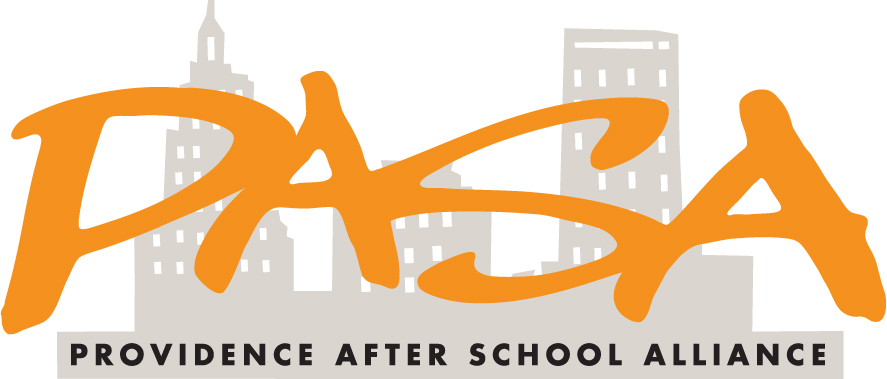
Nora Fleming highlighted Providence as part of a larger discussion around what recent Federal legislation could mean for expanded learning.
The Push is on to Add Time to School

About 50 6th graders at Roger Williams Middle School hiked with the Audubon Society during a class period last week, examining plant and insect species and cataloging birds from a nearby urban park. For another period, they gathered water samples aboard a boat on Narragansett Bay.
Those experiences were part of their new 7th-period class, which adds an extra hour to the school day, five days a week, focused on building student competency and a deeper understanding of the stem subjects—science, technology, engineering, and math. For two of those weekly periods, the students venture outside the walls of the Providence, R.I., school for field-based learning experiences led by their teacher in conjunction with community providers.
On the other days, the 7th period is reserved for an added hour of instruction related to the experiences they have off campus, taught by their teacher and an AmeriCorps member. Last week, students spent the extra in-class periods classifying the insect and plant species they found on their hike and peering through microscopes to look for plankton in the water samples they collected.
Providence’s expanded-school-day pilot is a partnership between the school district and the Providence After School Alliance, a nonprofit that manages after-school programs for low-income students in that city. Their efforts come alongside growing national interest in expanded learning time, or adding time to the school calendar as a way to help low-performing students catch up.
But while policymakers and recently proposed federal legislation promote expanded learning time as a strategy for school turnaround, some worry that it may be gaining steam too rapidly as a fix for schools that lack the know-how, resources, or research to implement it effectively.
According to Hillary Salmons, the executive director of the alliance, Providence is taking small steps first.
“Quite honestly, there is no way with our economy that we could robustly afford to expand the school day for all of our kids,” Ms. Salmons said. “For this model to be scalable, we need to be strategic with limited funds. Expanding the day for learning is going to have to be staged in building blocks with a good mix of proven practices and a match of resources and priorities.”
New Models
A number of schools in the Houston district were listed on Texas’ “academically unacceptable” list and faced penalties if they didn’t start improving. As a solution, Houston adopted strategies from high-performing charter schools for its Apollo 20 Initiative, launched last year.
Read the full article here
